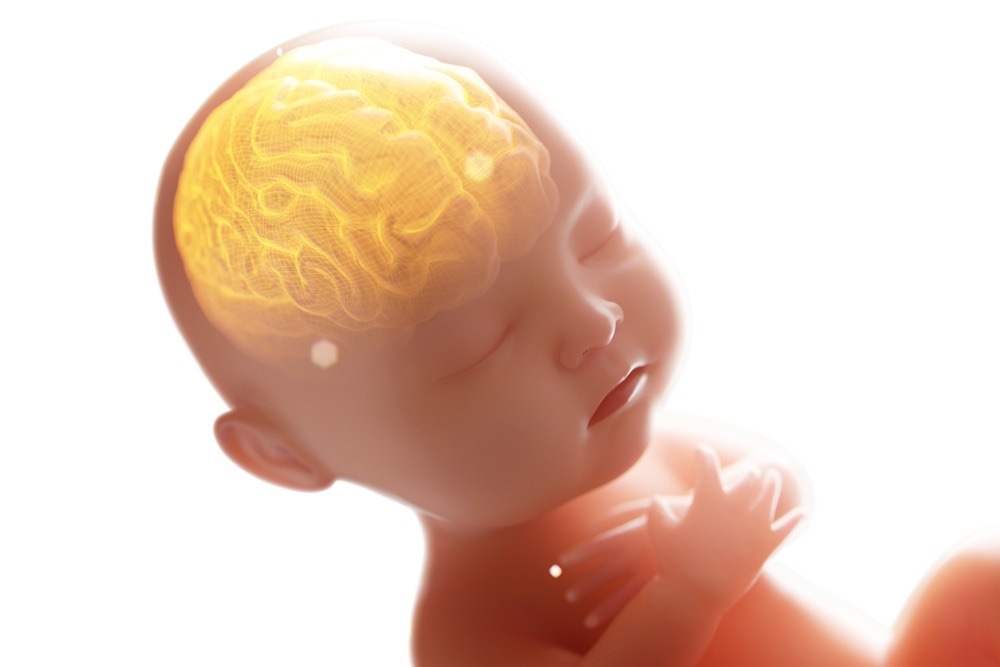New research has shown that even at just four months old, babies have a special preference for voices. This is because voices are the most important social sounds for humans and play a crucial role in our development. Scientists used a special technique called fast periodic auditory stimulation (FPAS) combined with scalp electroencephalography (EEG) to study the brains of 23 four-month-old infants. They found that the infants’ brains responded more strongly to vocal sounds than to other sounds, indicating that they have a special preference for voices.
This is an exciting discovery because it suggests that the ability to recognize and respond to voices is something that we are born with, rather than something that we learn over time. The study also found that the preference for voices was not simply based on the way the sounds were made, but on the fact that they were voices. This means that even at a very young age, babies are able to distinguish between different types of sounds and recognize the importance of voices in social interactions.
The study was conducted using a highly sensitive technique that allowed scientists to measure the electrical activity in the infants’ brains as they listened to different sounds. They found that the response to voices was strongest in the temporal regions of the brain, which are known to be involved in processing auditory information. This suggests that the ability to recognize and respond to voices is hard-wired into our brains from a very young age.
Overall, this study provides new insights into the development of social cognition in infants and highlights the importance of voices in our lives. It also opens up new avenues for research into the neural mechanisms underlying social interactions and communication.










